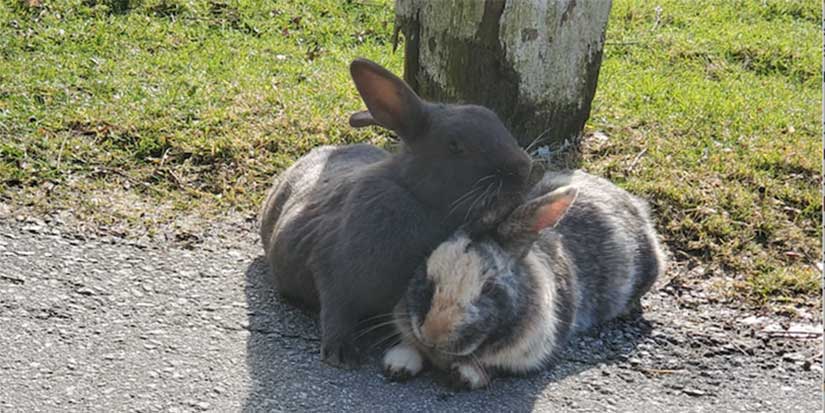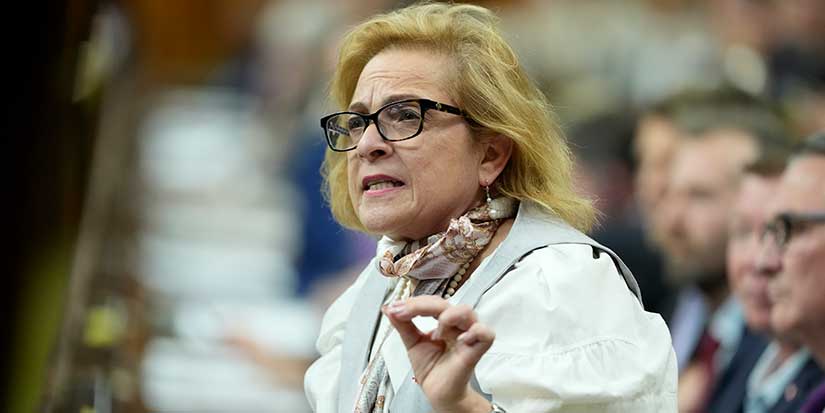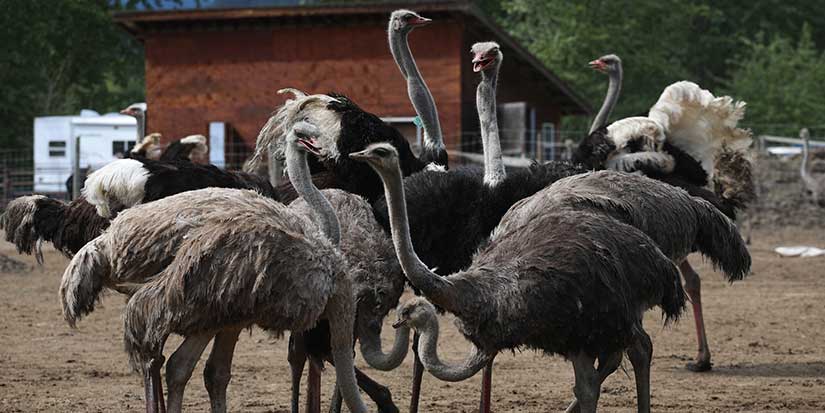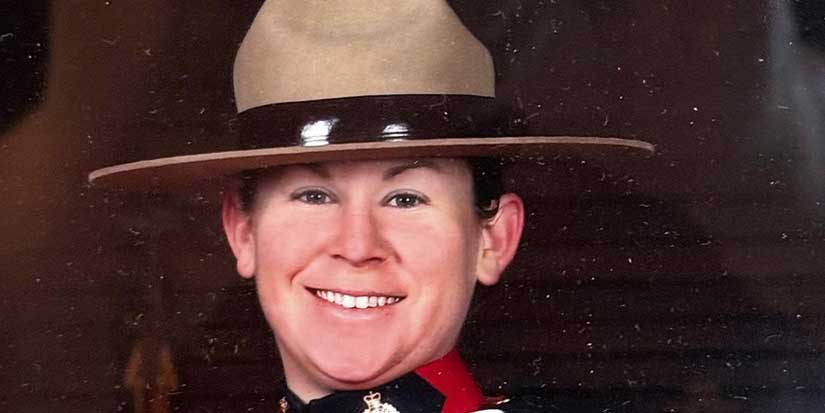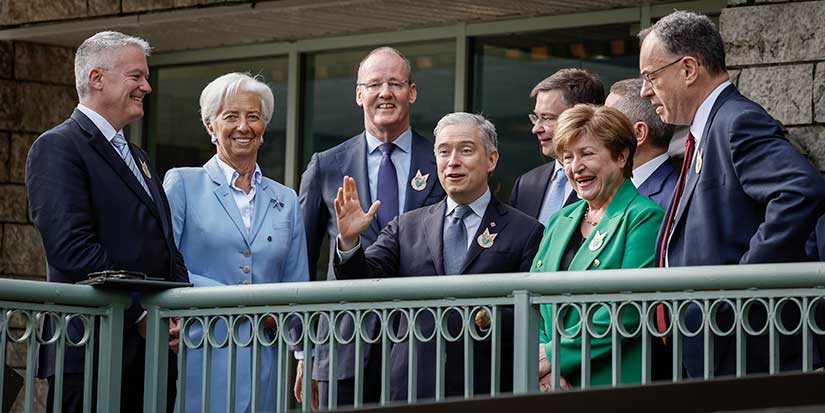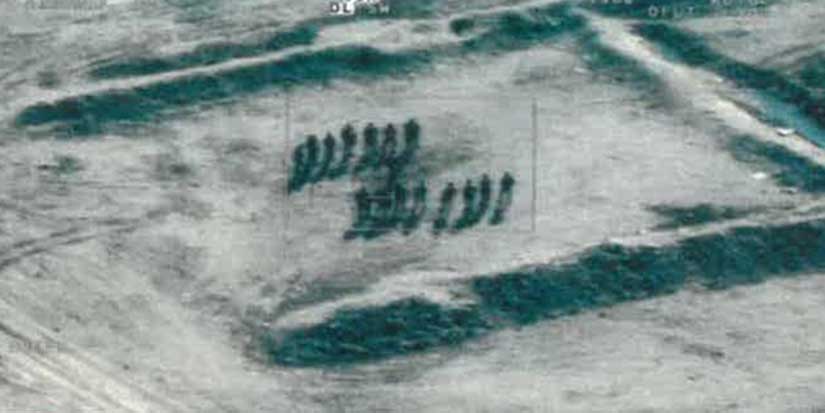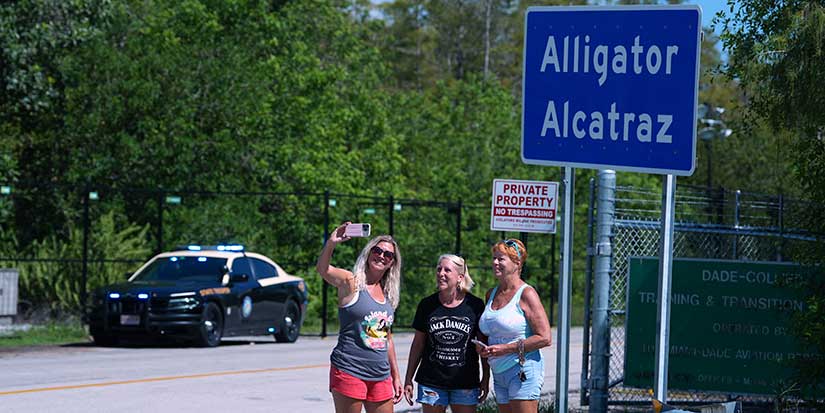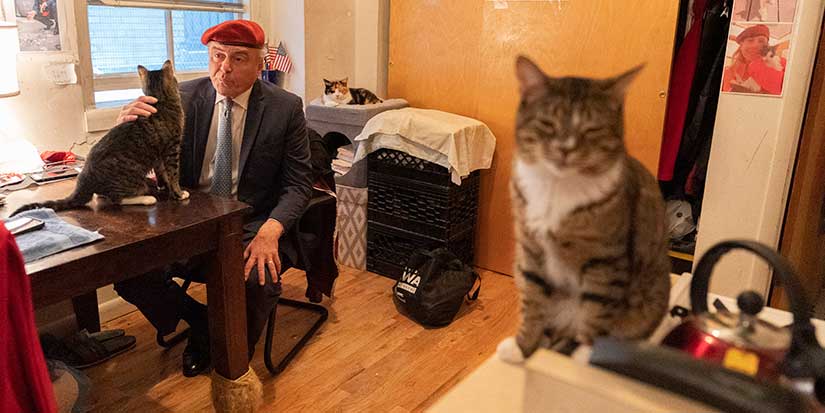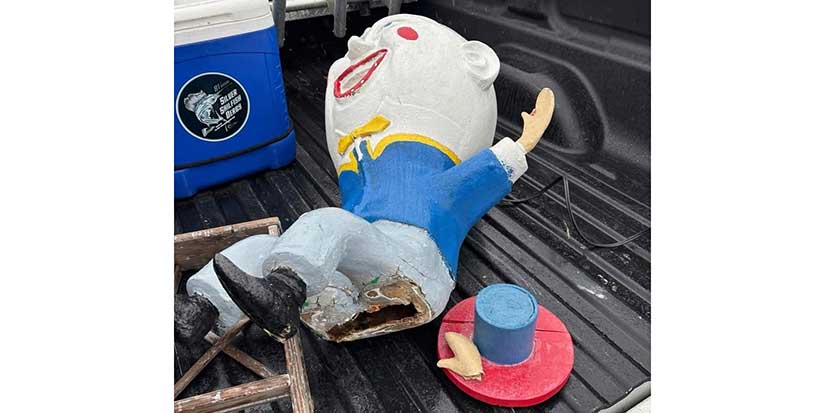Latest News
City proposes feral rabbit management strategy

By Hannah Scott, Local Journalism Initiative reporter
Published 11:37 PST, Mon February 28, 2022
Last Updated: 12:22 PST, Mon February 28, 2022
—
While many Richmond residents enjoy spotting cute rabbits munching grass, these furry introductions also represent a widespread problem.
Feral domestic rabbits can cause damage to plants, turf grass, trees, and soil. They can rapidly outcompete native rabbit species due to their adaptability, lack of natural predators, and prolific breeding. Local rabbits have also been found to carry Rabbit Haemorrhagic Disease (RHD), which can pose a risk to native species.
City councillors will discuss a proposed strategy to manage the local feral rabbit population at this week’s parks, recreation and cultural services committee meeting.
The B.C. Wildlife Act says that European rabbits are deemed an invasive species and can be captured or killed anytime without a license. But captured feral European rabbits can’t be moved to a sanctuary or adopted without a permit, which makes it challenging for municipalities to manage the population.
Contractors and non-profit groups can trap and retain rabbits indefinitely without a permit, but they cannot spay or neuter captured rabbits to offer them for adoption or re-release. However the provincial ministry responsible for regulations has indicated that changes to rules about capture, housing, and adoption of feral rabbits are pending, which will make it easier for municipalities to manage these animals.
Current city bylaws ban the sale of rabbits in pet stores, as well as banning feeding or releasing animals in any public park or school ground. People can have up to two rabbits per household. Additional bylaw changes are not currently being considered.
While culling is allowed, the city does not manage feral rabbits this way.
The BC SPCA, which operates the city’s animal shelter, does not accept rabbits. It also does not support culling, instead encouraging trapping, spaying or neutering, and re-homing adoptable rabbits.
A six-month pilot program in 2020 saw local non-profit Rabbitats Rescue Society focusing on the Dover Neighbourhood Area. Overall, 61 adult rabbits were safely and humanely trapped, spayed or neutered, vaccinated against RHD, and permanently housed at a sanctuary. An additional 28 rabbits were born to pregnant females that had been captured.
A subsequent city partnership with Rabbitats allowed the organization to respond to feral rabbit sightings on public property across the city. As part of this additional program, Rabbitats removed 118 rabbits and housed them indefinitely in their sanctuaries.
With feral rabbit populations not declining, and environmental impacts evident, staff are proposing a few solutions. Firstly, Rabbitats will continue to run its capture program in 2022.
Secondly, city staff also plan to develop a feral rabbit management study with help from qualified environmental professionals and stakeholders. A public awareness campaign will also be initiated to educate people about how their decisions can impact Richmond’s natural environment.
The proposed contract with Rabbitats, management study, and public awareness campaign can all be funded through the existing invasive species budget.
